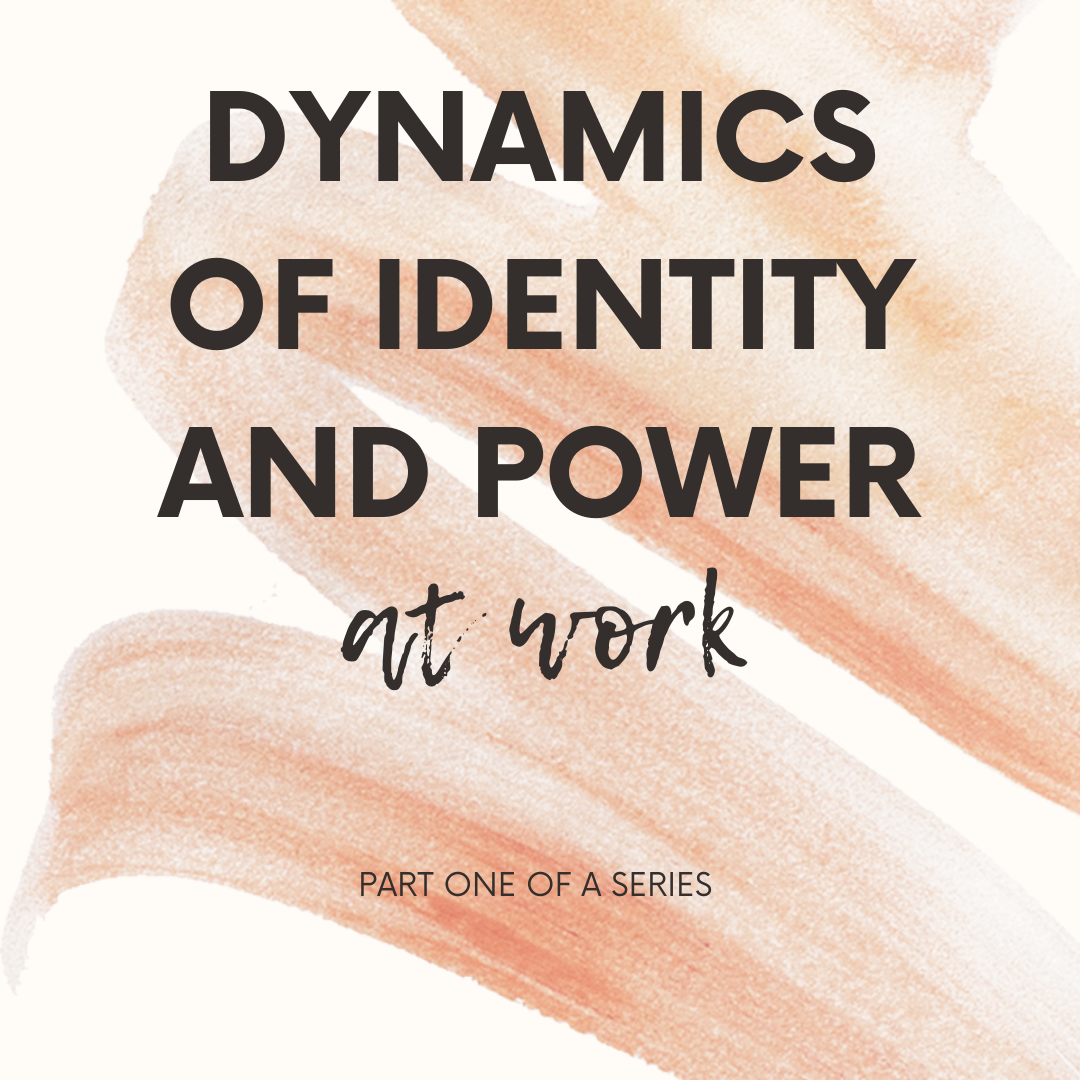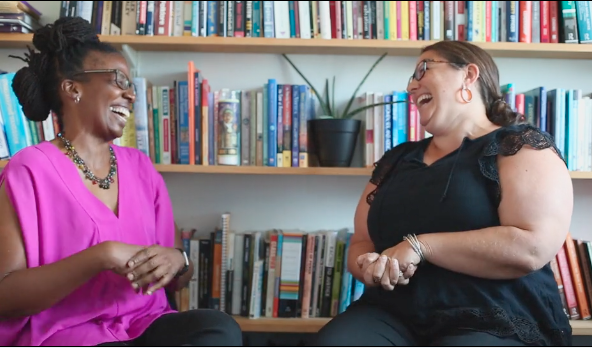|
This is the first in a series of articles to explore what you may be navigating at work, what to do about it and how to own your agency in the process. by Bari Katz and Tanya O. Williams Special Note: We believe in reflection. Reflection is both an invaluable skill and meaningful practice. We believe in time to let words and thoughts settle in, be processed, and continue to be worked with over time. None of this work is surface work. Our offerings to you will be content, questions and ideas that invite you into deeper reflection so you can make meaning of the experiences you’re currently having in your own life, specifically related to identity, power and privilege.
We talk to people all day, every day in workshops, in coaching sessions, in mediations, and in meetings. There is a strong pattern across positional roles, industry and organization that people are feeling unhappy at work, and it’s not just about us being in a global pandemic. There’s a lack of value being placed on relationships, both with other people and with ourselves. This article is the first in a series to explore what might be underneath the surface of the frustrations and disagreements that are happening in workplaces. These three areas of exploration are just the tip of the iceberg. We invite you to reflect on how you see yourself in what’s named here, where you feel defense and/or resistance showing up, and what you might add based on your own wisdom. Follow the experiences of our hypothetical client through our suggestions and their reflections on each other the points below: Banya is frustrated by their work and finishes the work day feeling exhausted, demoralized and uninspired. They spend their days watching the clock, holding back on what they really want to say to their colleagues in meetings, and often feel invisible with their organization and unvalued for their contributions. They feel unmotivated and defeated, and are resigned to just “doing their job and leaving” rather than being fully invested in the work they’re doing. Getting clear about your sense of purpose
Banya reflects and acknowledges that they took the current job that they are in out of fear. They’re in the job now and it doesn’t actually light them up. The job involves working with communities they were told they should be working with and doing a job that matches up with their degree. While all of that is misaligned with Banya’s authentic sense of purpose, it is possible for Banya to find a sense of purpose in their work at this organization. Some questions to consider:
Identity matters and the ways that identity has been constructed matters, too
Understand what power means to you and how that might impact the way you experience your work, colleagues, and supervisor/ees
As a result of these actions, Banya often feels like their voice is silenced or their perspective is not valued, though no one has said anything that is “racist” or “sexist”. The culture of Banya’s organization is one where power is coveted, and individual members of the organization are in constant competition with others for more power and/or to utilize the power they do have in ways that support this way of being rooted in domination. Starting to notice how power is held by you, by others, and by the organization in which you work can support a clearer understanding of the dynamics at play. Some questions and resources to guide you in this exploration could be:
0 Comments
|
Our voiceEveryday we all have a lot of thoughts flowing through our heads...these are just a few of our thoughts that have made it to the page. Archive
September 2021
|



 RSS Feed
RSS Feed
